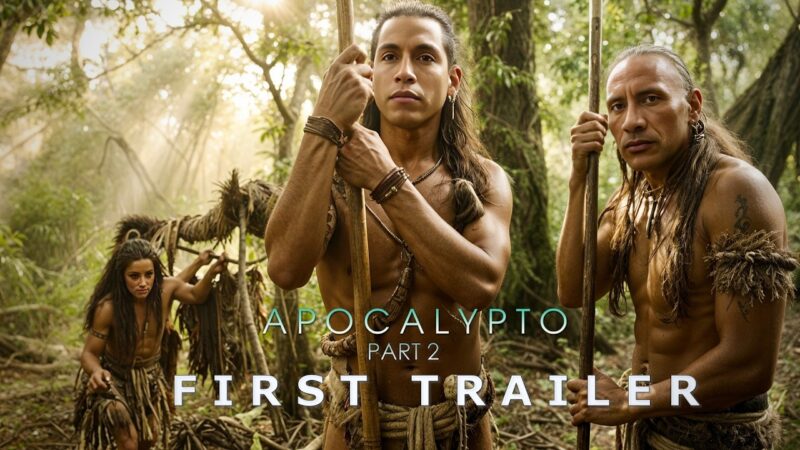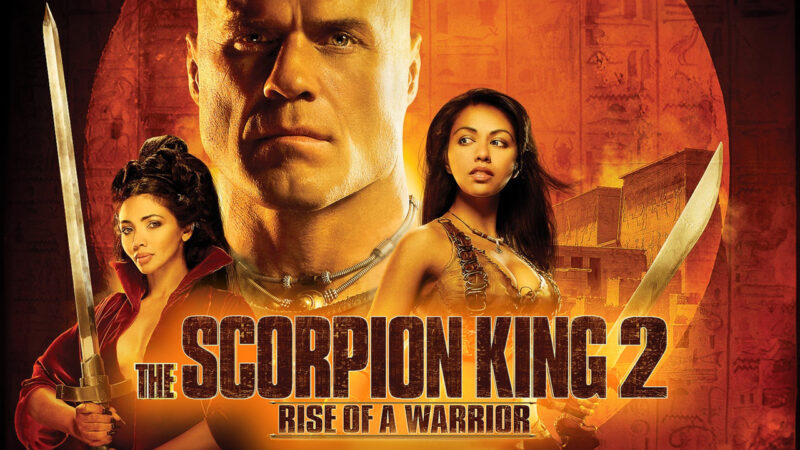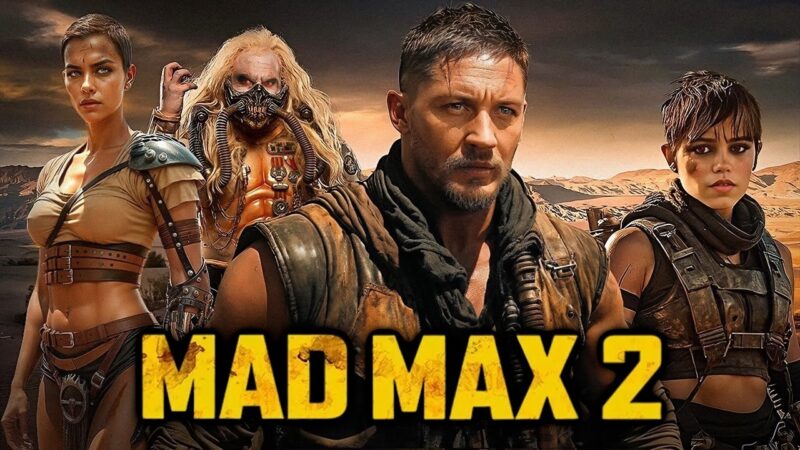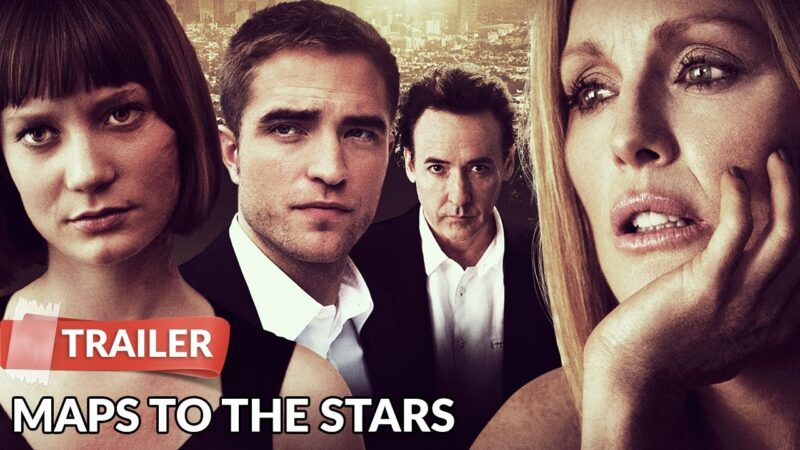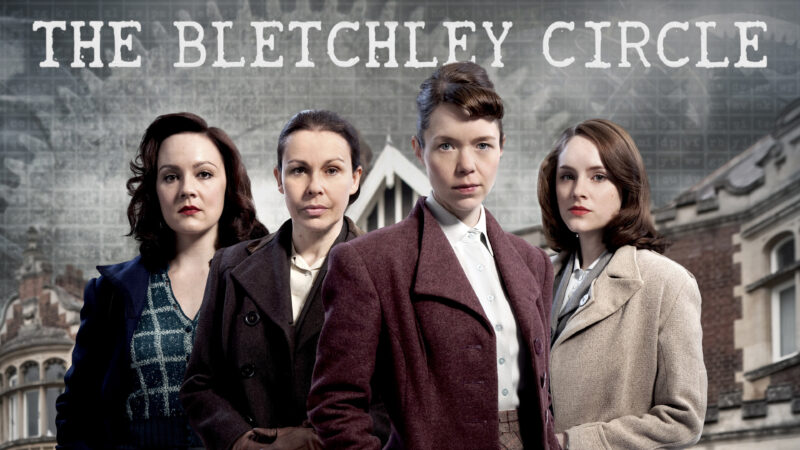🎬 “Rio Lobo” — The Final Journey of a Western Hero and the Timeless Value of Honor
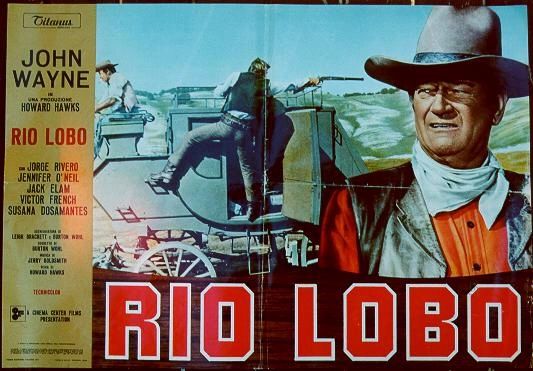
💥 A Swan Song for a Western Legend
“Rio Lobo” is not just a Western film — it is the final chapter of an era, an emotional farewell from director Howard Hawks, who helped shape the genre, and a fitting conclusion to his long-standing cinematic partnership with John Wayne, a man who had become an enduring symbol of America on screen.
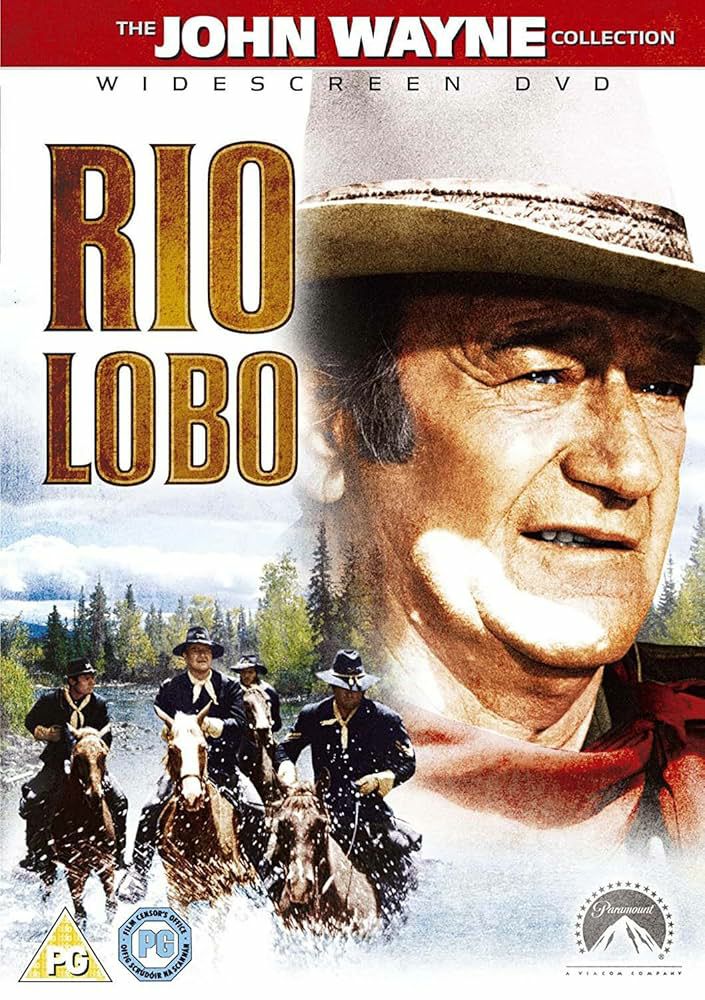
Regarded as the unofficial last entry in Hawks’ “Western Trilogy” — following Rio Bravo (1959) and El Dorado (1966) — Rio Lobo follows a familiar structure: a town under oppression, a hero who steps in with honor and resolve, and a climactic showdown for justice. Yet beyond that, the film carries a somber undertone, as if both the characters and the filmmakers understood this would be their last time in the classic Western world.
🏇 John Wayne – A Hero Who Never Bows, Even When Weary
In 1970, John Wayne was 62 years old. He was no longer in his prime, having undergone lung surgery after a battle with cancer, and still suffering from a shoulder injury sustained during his previous film (The Undefeated). Every scene was a physical challenge, but rather than retreat, Wayne pressed on as if defending a part of cinematic history.

What made Wayne extraordinary wasn’t just his towering presence or his deep voice — it was his integrity and kindness, both on-screen and off. He became a “true hero” in the eyes of audiences and colleagues alike. Despite the pain, he carried Jennifer O’Neill up a staircase, performed fight scenes, and never once demanded special treatment. It was a silent promise: a hero never quits.
⚖️ A Quest for Justice – And Faith in What’s Right
Set in the aftermath of the American Civil War, the film follows Colonel Cord McNally, a loyal soldier haunted by the death of a close friend and a betrayal within the army ranks. When truth is buried under corruption and deceit, McNally sets out to uncover it — leading him to Rio Lobo, a town ruled with an iron fist by a former traitor.

There, McNally forms unlikely alliances with young former enemies to fight against injustice. Rio Lobo doesn’t glorify violence — instead, it emphasizes unity, forgiveness, and moral courage. McNally doesn’t fight for glory — he fights for his fallen comrades, for innocent townsfolk, and because he cannot ignore evil.

🎞️ A Humanist Film in the Heart of the Wild West
Rio Lobo may not be the most technically impressive or tightly scripted Western, but it holds something more enduring — a genuine heart. Director Howard Hawks, in the final film of his career, did not follow cinematic trends. He remained loyal to classic storytelling: simple yet meaningful dialogue, a deliberate pace, and action scenes free of overused effects.
Like McNally himself, Hawks and Wayne seemed to recognize a changing world — but they held onto timeless values: honor, friendship, loyalty, and sacrifice.

A Farewell Tribute to a Golden Era
With Rio Lobo, John Wayne didn’t just end a role — he closed a chapter in film history. After this, the Western genre entered a period of decline, giving way to darker, more realistic interpretations. But that only makes Rio Lobo more valuable — a reminder that once, heroes were those who did the right thing, even at great cost.
🌟 Why Does “Rio Lobo” Still Resonate With Audiences?
Because Rio Lobo is more than a film. It is a final ballad of heroism, a story of men willing to endure pain to protect others. And above all, it is a deep tribute to John Wayne — a hero not only on screen but behind the camera.
🎥 Revisit “Rio Lobo”
Not just to watch a Western, but to feel the spirit of America — brave, resilient, and profoundly human
WATCH MOVIE BELLOW:
